detail profile frank beauvais
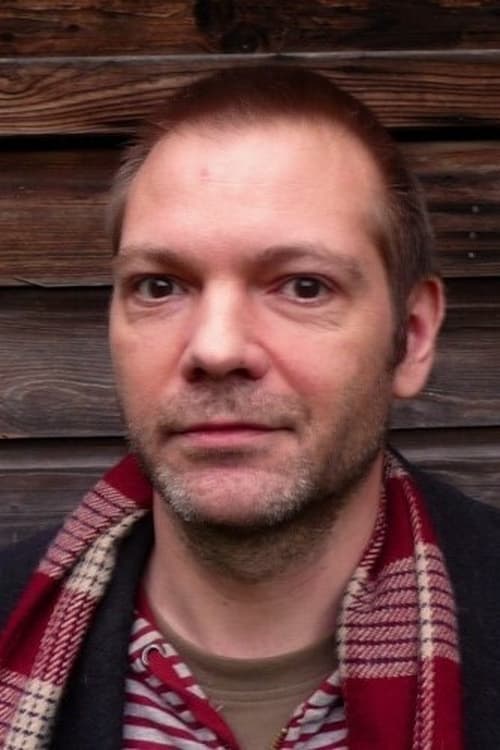
Info Pribadi
Peran Yang Di Mainkan Frank Beauvais
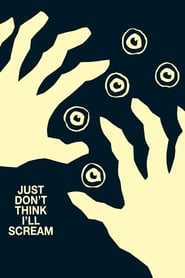 January 2016 The love story that brought...
January 2016 The love story that brought...Just Don't Think I'll Scream 2019
January 2016. The love story that brought me to this village in Alsace where I live ended six months ago. At 45, I am now alone, without a car, a job or any real prospects, surrounded by luxuriant nature, the proximity of which is not enough to calm the deep distress into which I am plunged. I am lost and I watch four to five films a day. I decide to record this stagnation, not by picking up a camera but by editing shots from the stream of films I watch.
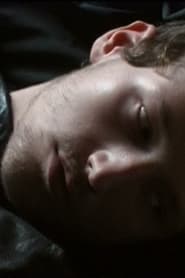 Last June I encountered Arno a...
Last June I encountered Arno a...Compilation, 12 instants d'amour non partagé 2007
Last June, I encountered Arno, a twenty-year-old man, with whom I immediately fell in love. To be sure that I’d see him, although he didn’t share my feelings, I proposed that we work together on a project that became "Compilation, 12 instants d’amour non partagé". Through summer, from June 21 to September 21, I asked him to come to my house daily to listen to music. This music would become the only dialog between us. It would be the commentary of the evolution of my feelings for him, would drive him into a corner, caress and take him by surprise.
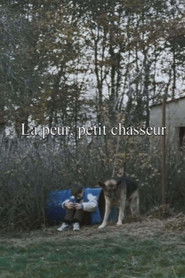 A child waits in silence in...
A child waits in silence in...La peur, petit chasseur 2004
A child waits in silence in the quiet of his home garden, in the deep countryside, alongside with his German Shepherd. He looks for his mother, looks around, checks in a shed, until he sees her leaving the house. But it’s as if she doesn’t see him. Something soon brings her back into the house, and the child is left alone with his nightmares.
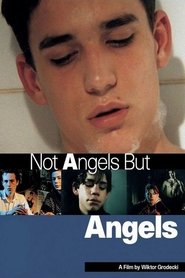 Interviews with a procurer and with...
Interviews with a procurer and with...Not Angels But Angels 1994
Interviews with a procurer and with nineteen boys and young men who are prostitutes in Prague. The youths range in age from 14 to 19. They hustle at the central train station and at clubs. Most of their clients are foreign tourists, many are German. The youths talk about why they hustle, their first trick, prices, dangers, what they know about AIDS, their fears (disease and loneliness), and how they imagine their futures. The film's title, its liturgical score, much of it elegiac, and shots of the city's statues of angels underline the vulnerability and callow lack of sophistication of the young men.
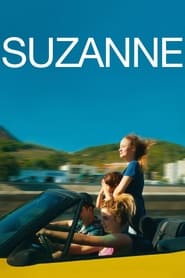 The story of a family and...
The story of a family and...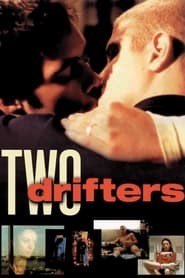 After breaking up with her boyfriend...
After breaking up with her boyfriend...